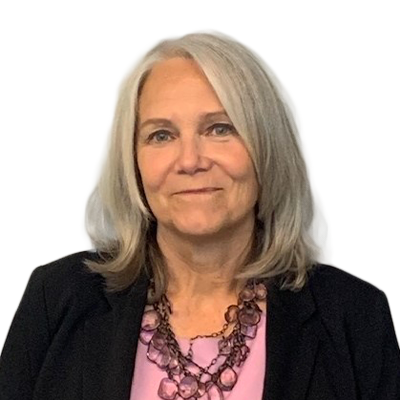Coping with the Financial Challenges of Losing a Spouse
When you lose your spouse, evaluating your finances may take a back seat to more pressing concerns. But even amid the grief that accompanies the death of a loved one, it is important to assess your financial and legal situation to avoid making any rash decisions in the days and months following your loss and to ensure that you and your family have the necessary resources in the years to come.NOW IS THE TIME TO LEARN
If you have been involved in managing your family’s finances in the past, you may be more prepared to make decisions about your future. On the other hand, if your spouse handled the family finances and you are unfamiliar with the details of your assets and legal arrangements, now is the time to learn. Begin by gathering all documents relevant to your financial situation, including insurance policies; bank, credit card, and investment statements; mortgage documents; tax returns; government retirement benefit statements; and any pensions and other employer-provided benefit statements. If the paperwork is substantial, create a filing system to help organize the various documents. Read the documents carefully and write down questions as they arise. You may want to create a balance sheet listing your assets and liabilities, as well as a cash flow statement detailing your income and expenditures over the course of a year. Your financial professional can be a valuable resource throughout this process.CONSIDER YOUR DECISIONS
On some matters, immediate action will be required. As soon as possible after the death of your spouse, apply for any life insurance, public benefits, or veterans benefits to which you are entitled. If your family’s health insurance coverage was through your spouse’s employer, you may be able to retain those benefits for a period of time. If your health coverage has been discontinued or has become too expensive, explore alternatives to avoid becoming uninsured. Some group health plans may allow surviving spouses and their dependents to convert to an individual policy. If you have inherited money or received substantial proceeds from an insurance policy, there are important long-range decisions to be made. Avoid spending or giving away the money until you have carefully considered your future needs and the tax implications of your gifts. Even if you are retired, you may want to manage the funds so that they generate income to support you over time. If you have minor children, you may want to consider ways to fund their education. Older widows and widowers are often faced with the decision of whether or not to keep the family home. If the home is larger than you require, selling is an option. Buying a smaller home or condo in a retirement community may not only be a smart financial move, but it could also give you a fresh start and the opportunity to make new social contacts.REVIEW YOUR ESTATE PLAN
This may also be the time to delve more deeply into the estate planning process. Review your will to affirm the current state of your assets and your desired distribution to heirs. Your attorney may recommend a trust as a means of accomplishing your estate planning goals. Trusts are tools that can help you handle a variety of family and tax-related issues. Consider, too, the role of life insurance in your estate. You may find that you need additional life insurance coverage, not only to provide for your beneficiaries, but also to help cover Federal and state estate taxes. While it is necessary to make certain financial decisions following the death of a spouse, give yourself time to heal before making any major decisions—possibly as long as a year or more. Until you are certain of your choices, it may be best to leave inherited assets in savings or money market accounts. Then, with the help of financial, tax, and legal advisors, you may be in a better position to design a plan that will provide for you and your loved ones in the future.Wondering if there might be something more you and your money could do?
There are several different ways to connect with us. Chose whichever you are most comfortable with.
let’s talk







































